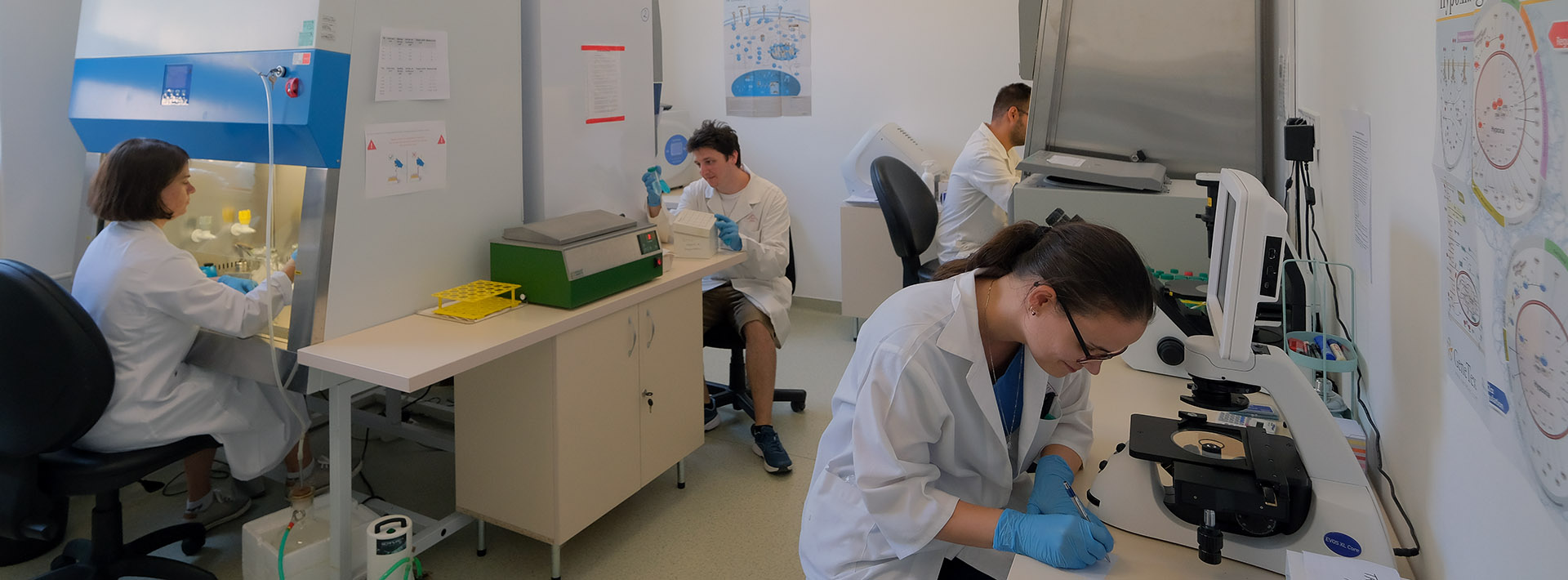Data
Official data in SubjectManager for the following academic year: 2024-2025
Course director
-
Márk László
associate professor,
Department of Biochemistry and Medical Chemistry -
Number of hours/semester
lectures: 12 hours
practices: 0 hours
seminars: 0 hours
total of: 12 hours
Subject data
- Code of subject: OSF-HAK-T
- 1 kredit
- Dentistry
- Optional modul
- autumn
-
Course headcount limitations
min. 5 – max. 50
Topic
Death is not an unaltering state, and far from being an inert mass, the dead body is, under normal circumstances, subject to many complex and, often enough, only partly investigated changes arising from intrinsic as well as extrinsic causes which bring about quite substantial chemical and morphological alterations of the tissues.
Under natural conditions an initially intact body commences to decompose immediately after death, the aim of this course is the integration of these decomposition processes into medical and chemical, biochemical sciences.
Topics:
- Introduction to toxicology
- Enzymatic reactions
- The last minutes of life
- Postmortem changes in general
- Postmortem enzymal changes
- Postmortem non-enzymal chemical changes
- Postmortem chemical changes (short term)
- Postmortem chemical changes (long term)
- Special chemical processes, mummification
- Pathological observations
- Traumatic changes
- Forensic and paleoanthropological methods
- Dating methods
Lectures
- 1. Introduction. Basics of toxicology - Márk László
- 2. Introduction to biochemistry and enzymatic alterations. - Márk László
- 3. Chemical processes of the last few minutes of the life. - Márk László
- 4. Chemical processes of the last few minutes of the life. - Márk László
- 5. General postmortem changes. - Márk László
- 6. General postmortem changes. - Márk László
- 7. Short term postmortem changes. - Márk László
- 8. Chemical alterations of the first hours. - Márk László
- 9. Decomposition processes. - Márk László
- 10. Decomposition processes. - Márk László
- 11. Special chemical modifications, mummification. - Márk László
- 12. Pathological and traumatic investigations. - Márk László
Practices
Seminars
Reading material
Obligatory literature
Literature developed by the Department
Lecture slides and notes.
Notes
Recommended literature
Evans: The Chemistry of Death, 1963
Stein: Physical Anthropology, 1976
Conditions for acceptance of the semester
Written exam. Max. absences: 20%.
Mid-term exams
Not possible.
Making up for missed classes
Not possible.
Exam topics/questions
Introduction to toxicology
Enzymatic reactions
The last minutes of life
Postmortem changes in general
Postmortem enzymal changes
Postmortem non-enzymal chemical changes
Postmortem chemical changes (short term)
Postmortem chemical changes (long term)
Special chemical processes, mummification
Pathological observations
Traumatic changes
Forensic and paleoanthropological methods
Dating methods
